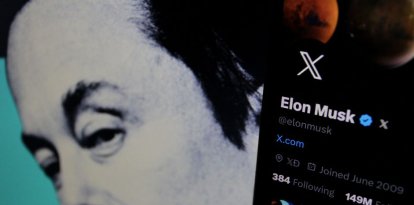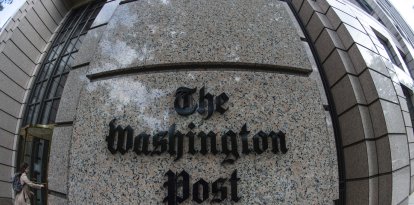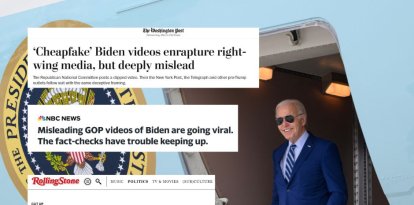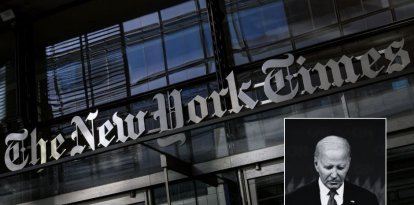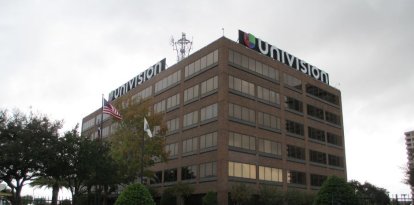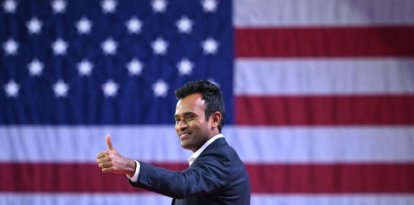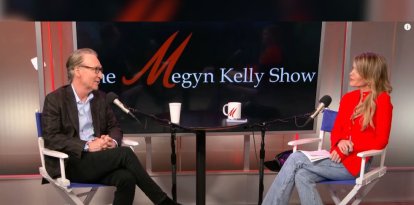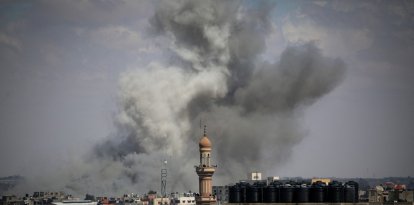Left-wing media lines up to call Kissinger a “war criminal” on the day of his death
He is, without a doubt, the most controversial and also the most influential Secretary of State in the United States. His legacy, celebrated by some and attacked by others, still resonates in China, Russia, the Middle East, Latin America and the rest of the world.
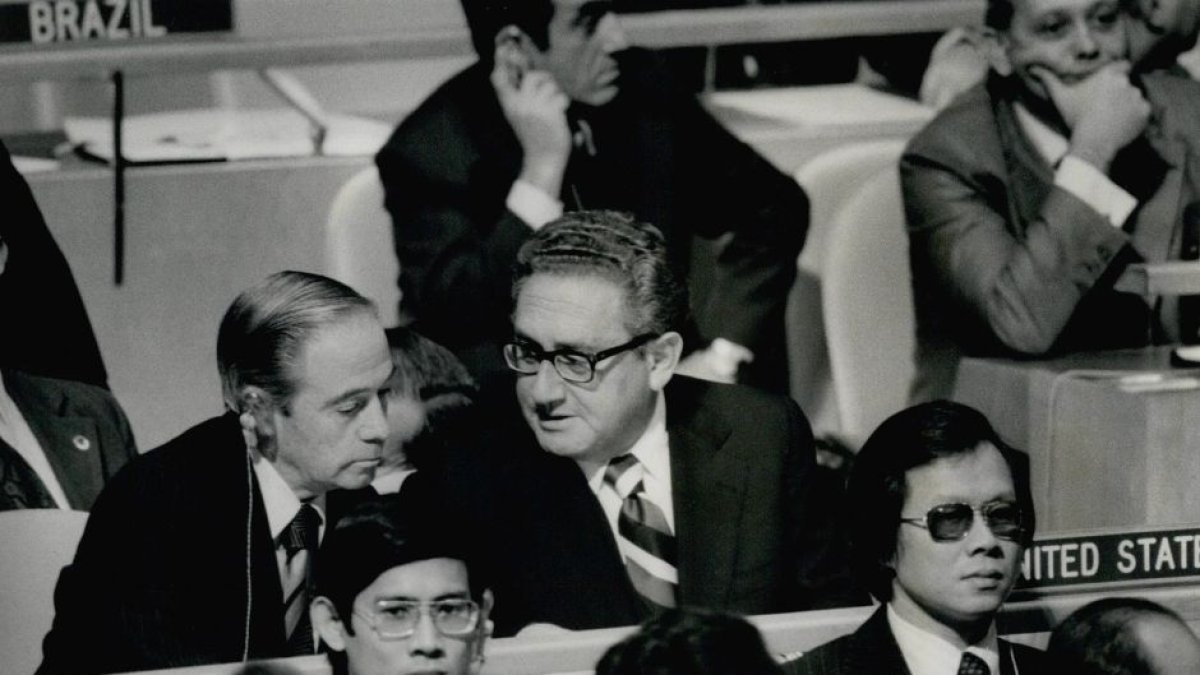
Left-wing media lines up to call Kissinger a “war criminal” on the day of his death
On November 29, at the age of 100, Henry Kissinger, one of the most important political strategists of the entire 20th century, died. Although his decisions marked historical and complex milestones in many countries, a situation that has made Kissinger a praised and also questioned character, the consensus is that he was the Secretary of State who had the most power and influence during the postwar era.
However, media outlets such as Rolling Stone magazine and the progressive website HuffPost lined up to brand Kissinger, on the day of his death, as a “war criminal.”
“Henry Kissinger, War Criminal Beloved by America’s Ruling Class, Finally Dies,” headlined Rolling Stone magazine.
The post in 'X' of the HuffPost was a bit longer: “Henry Kissinger — who as a top American foreign policy official oversaw, overlooked and at times actively perpetrated some of the most grotesque war crimes the United States and its allies have committed — died Wednesday. He was 100 years old.”
Over the years, many progressive activists, journalists and writers have called for Kissinger to be charged with “war crimes.” However, his biographer, Scottish-American historian Niall Ferguson accuses critics of having "double standard" in his book "Kissinger: 1923-1968: The Idealist."
According to Ferguson, critics blame Kissinger but forget that most presidents or secretaries of state in the United States had, at some point, to make difficult decisions regarding foreign policy.
A profound and controversial legacy
The debate on Kissinger often brings up diverse and controversial opinions. Thanks to his ability to design geopolitical strategies, the former Secretary of State under Presidents Nixon and Ford earned the nickname architect of the modern world, with a legacy that still resonates in China, Russia, the Middle East, and Latin America. and the rest of the world.
Kissinger was a participant in several of the historical events that marked the 20th century. He played an important role in the rapprochement and reestablishment of relations between Washington and Beijing; a key geopolitical movement for China to abandon its communist economic model and embrace a system considered “state capitalism.” This approach, without a doubt, was key for China to get the power it has today; a situation that lifted billions out of poverty, but also caused the United States, little by little, to lose the role of global leader due to the expansion of China, the country's main geopolitical rival today along with Russia.
Kissinger also played a vital role in Operation Condor. On the one hand, it stopped the expansionism of Soviet communism in Latin America and saved countries like Chile from economic destruction. On the other hand, it provoked an increase in autocratic regimes in the region that perpetrated human rights violations.
He also commissioned the bombings of Laos and Cambodia during the Vietnam War, perhaps one of the most controversial geopolitical decisions during his service in public life. He was also a key player in establishing a temporary ceasefire and was absolutely decisive in the Paris Peace Accords which the United States used to withdraw from the conflict. This feat earned him the Nobel Peace Prize in 1973.













